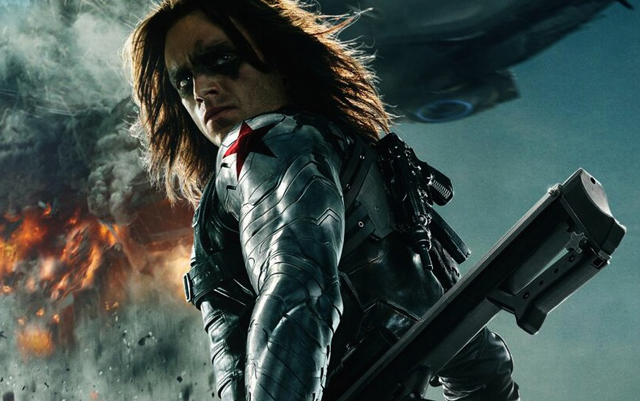Captain America: The Winter Soldier Is The Most Comic Book Movie Yet

Captain America: The Winter Soldier has succeeded in doing what Marvel Comics and Marvel Studios have been aiming for since they started with the creation of what has come to be called the Marvel Cinematic Universe — the creation on film of a real comic book experience.
That is it’s most amazing attribute — not the fact that it is the best action movie since, well, the last benchmark, The Avengers. And not the fact that it is a pitch-perfect spy and political thriller, as many reviews have gone out of the way to point out.
That spy thriller aspect is helped along in no small way by the inclusion of the man that should at this point be called the dean of spy thrillers, Robert Redford. He plays Alexander Pierce, US-based Secretary of the World Security Council, the group of talking heads that SHIELD Director Nick Fury argued with in The Avengers. His casting continues the trend of Marvel putting name actors in villain roles (Sir Ben Kingsley as The Mandarin, Hugo Weaving as Red Skull, Jeff Bridges as Obadiah Stane) and secondary roles (Anthony Hopkins as Odin, Gwyneth Paltrow as Pepper Potts).
In addition to the great cast (and they all do a good job with the very solid material they are given), the writers have crafted a movie that could have been nothing more than a string of amazing action sequences tied together with maudlin personal ramblings (e.g. Michael Bay). But there isn’t a single note of self-reflection (and if you know the source material of the Winter Soldier storyline, you won’t be surprised to find that there is some in this movie) that doesn’t ring perfectly true for all characters, in a very human and personal way.
But all of that takes a back seat to the things that make Captain America: The Winter Soldier the first true cinematic comic book experience — interconnections. This movie is chock full of references to the greater world in which it takes place. That includes lovingly placed Easter Eggs from the comics, meaningful references to other MCU movies and logical evolution of minor and secondary storylines from those other movies and from the first Captain America movie.
Just like reading a comic book, and flipping that page to see a character from another book make an appearance, this movie is full of those “Aw, yeah!” moments. And not just in the post-movie credit scenes — although the middle-credit one almost made me go from “Aw, yeah!” to “Fuck, yeah!” By the way, don’t take that description of an “Aw, yeah!” trigger to mean that I am saying Iron Man or some other character drops by — it is just one example of how you can get that feeling when reading a comic book, and this movie doesn’t need guest stars.
I hope that all future MCU movies take this to heart. There is now enough depth in the MCU to have every movie from Avengers 2: Age of Ultron forward evoke that same comic book experience.



